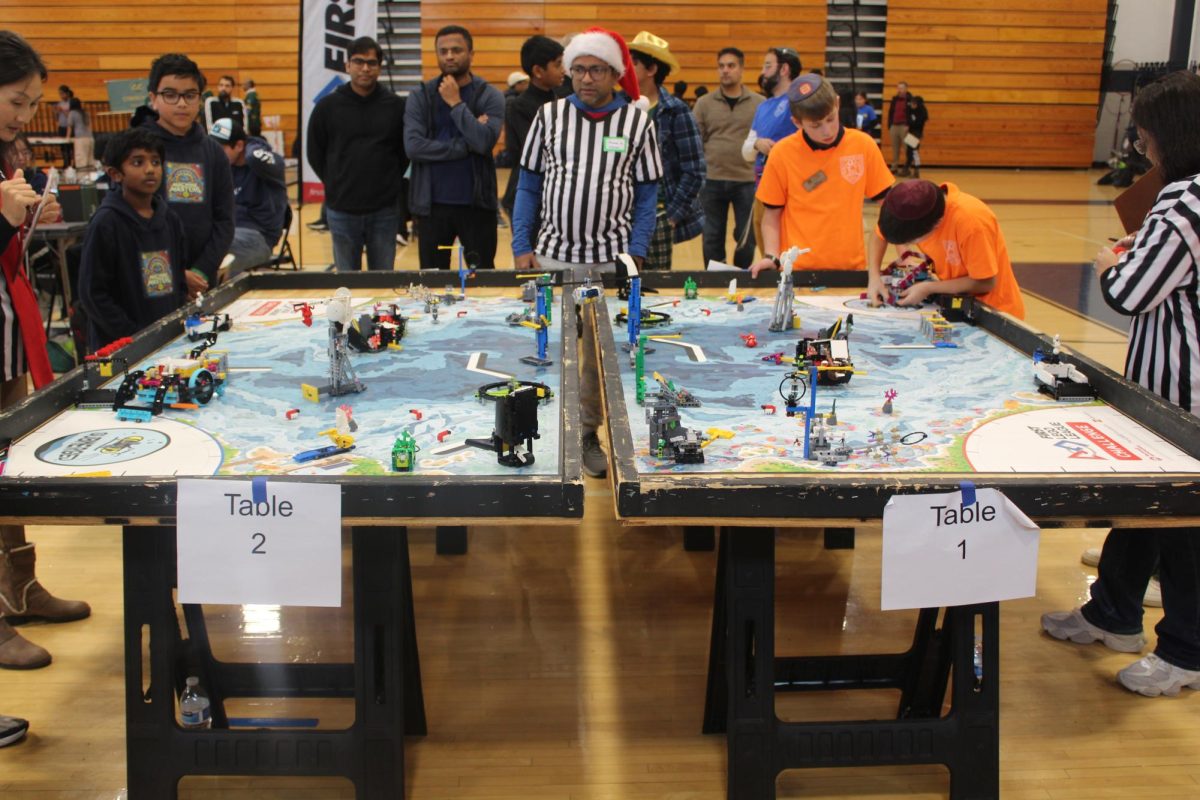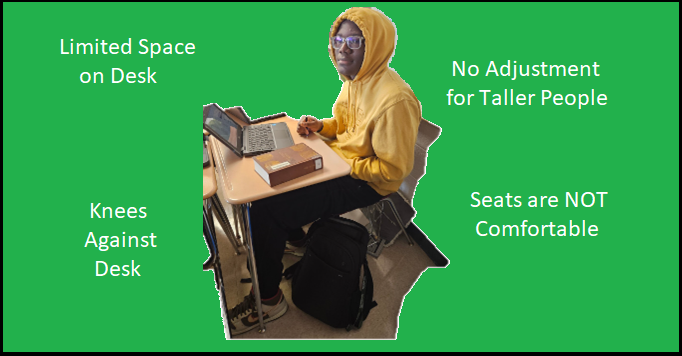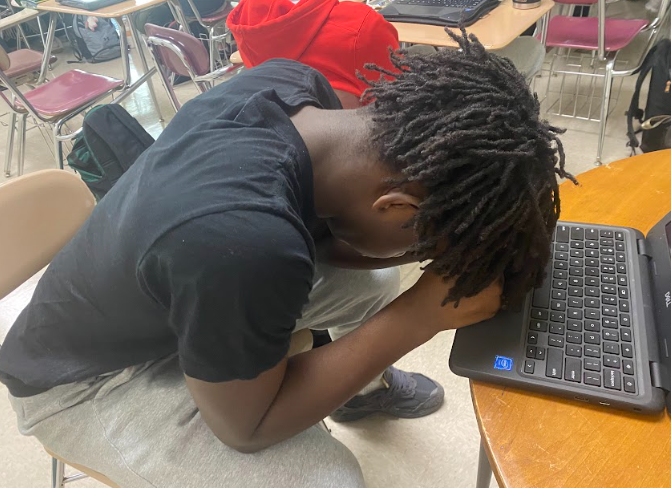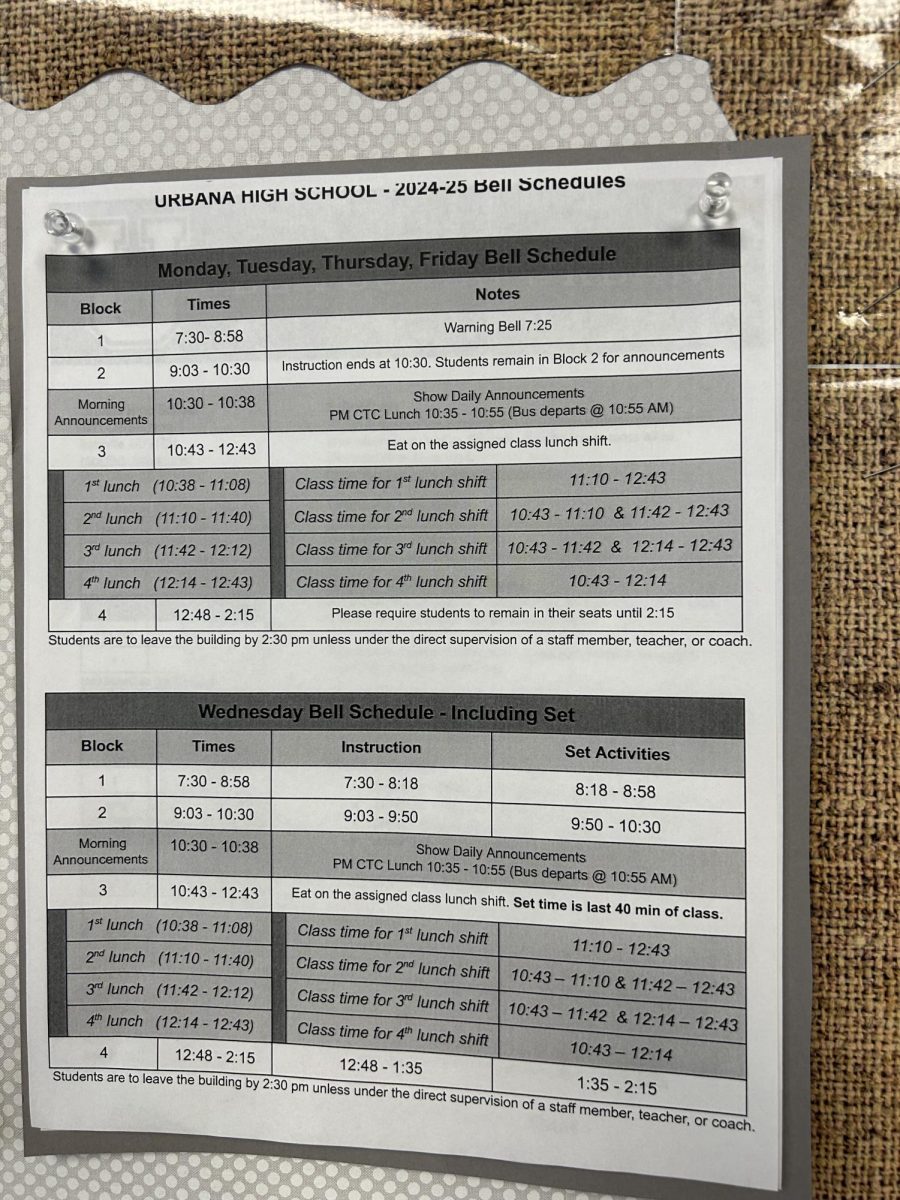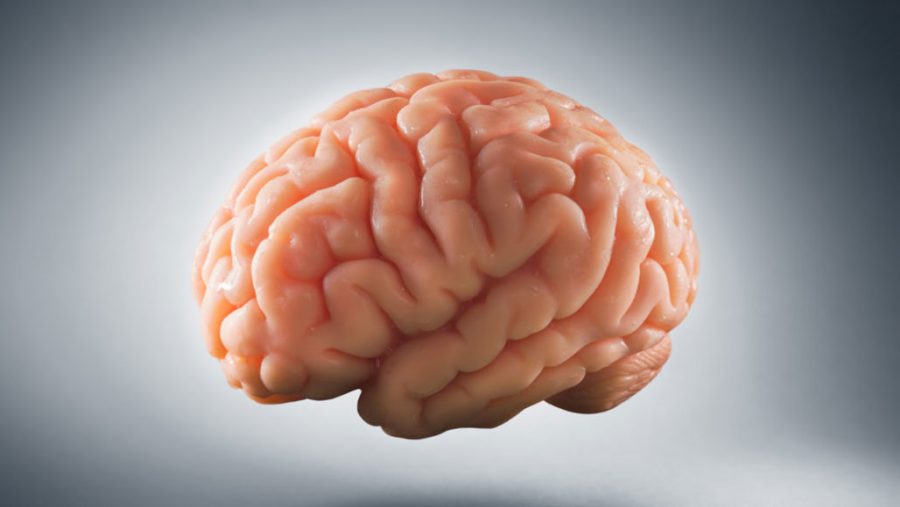You’re not crazy- your brain is just changing, and here’s how
December 14, 2020
Why do you think the way you do?
Personality, lessons you’ve been taught, and past experiences all factor into your way of thinking, but age can also have an impact on your thoughts and behaviors. What does that mean for us teenagers and adolescents?
The human brain isn’t fully developed until around age 25. The frontal cortex is one of the last parts of the brain to finish developing, or more specifically, myelinating. Myelin is a fatty substance that insulates the ends of neurons, allowing them to transmit signals faster. The myelination process continues throughout life as new connections are formed in the brain, but the frontal cortex reaches myelination later.
The frontal cortex is very logical. It’s important for impulse control and thinking about actions before you carry them out. Since it finishes development later, signals sent from it take longer to travel throughout the brain of a teenager. On the other hand, the amygdala, responsible for what we call the ‘flight-or-fight response’, is one of the brain’s oldest parts. The amygdala plays a big role in both fear and aggression.
Think back to a time that you may have overreacted and gotten very angry or upset over something. That’s the amygdala, known as the emotional center of the brain at work. As a teen, your frontal cortex wasn’t yet mature enough to step in early on and tell you to cool off. This is completely normal! But it can make things difficult for you as well as the people around you.
So, how can you manage these emotions?
Dealing with your emotions can be easier said than done for teens and adults alike. With our busy lives and stressful schedules, we often don’t have time to address how we feel. It’s important to set aside time to allow yourself to experience your emotions.
If you’re feeling overwhelmed or upset, pause and ask yourself: What do I need right now? Sometimes taking even a fifteen-minute break can make a difference and improve your emotions. Self-care is important- it’s hard to get anything done when you’re sad or stressed!
If you’re feeling angry or annoyed by something or someone, stepping away from the situation can do a world of good. Take a minute to cool down and come back to the issue later. If you feel calmer, you’ll be able to come up with a better solution much more easily.
And most importantly, it’s okay to ask for help. If you’re struggling with something, tell a friend or a family member about it. Sometimes just expressing how you’re feeling to someone can help you move on. If you don’t want to share how you’re feeling or what you’re going through, you can find other ways to help you let go of negative thoughts. Going for a walk, playing an instrument, drawing, or reading are all things that can help you take your mind off of what’s stressing you out. It’s also crucial to get a proper amount of sleep every night. This can have a huge impact on your mood!
Lastly, it’s good to remember that negative emotions don’t last forever. Sometimes it may seem like there’s no light at the end of the tunnel, but there always is. Life is a series of ups and downs- we just have to learn how to stay encouraged during the lows. Gaining a better understanding of yourself and how your brain works are the first steps.
AACAP. “Teen Brain: Behavior, Problem Solving, and Decision Making.” American Academy of Child and Adolescent Psychology, Sept. 2016, www.aacap.org/AACAP/Families_and_Youth/Facts_for_Families/FFF-Guide/The-Teen-Brain-Behavior-Problem-Solving-and-Decision-Making-095.aspx.
Sifferlin, Alexandra. “Why Teenage Brains Are So Hard to Understand.” Time, Time, 8 Sept. 2017, time.com/4929170/inside-teen-teenage-brain/.
Tartakovsky, Margarita. “Techniques for Teens: How to Cope with Your Emotions.” Psych Central, 8 July 2018, psychcentral.com/blog/techniques-for-teens-how-to-cope-with-your-emotions/.










